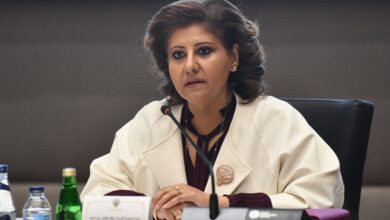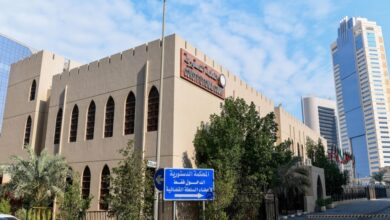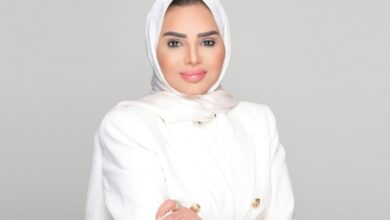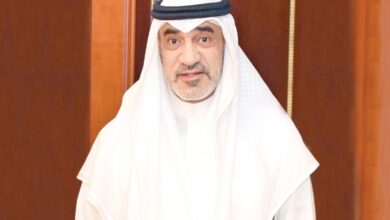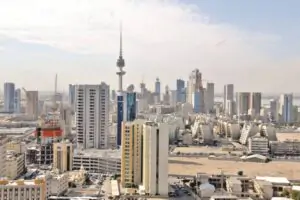The Future of the GCC Countries: A Strategic Shift in the Map of Global Alliances
The Gulf Cooperation Council is making remarkable progress in internal integration, with total trade between its countries reaching $1.5 trillion in 2024, ranking sixth globally in terms of trade volume, and representing 3.2 percent of the total global trade volume.
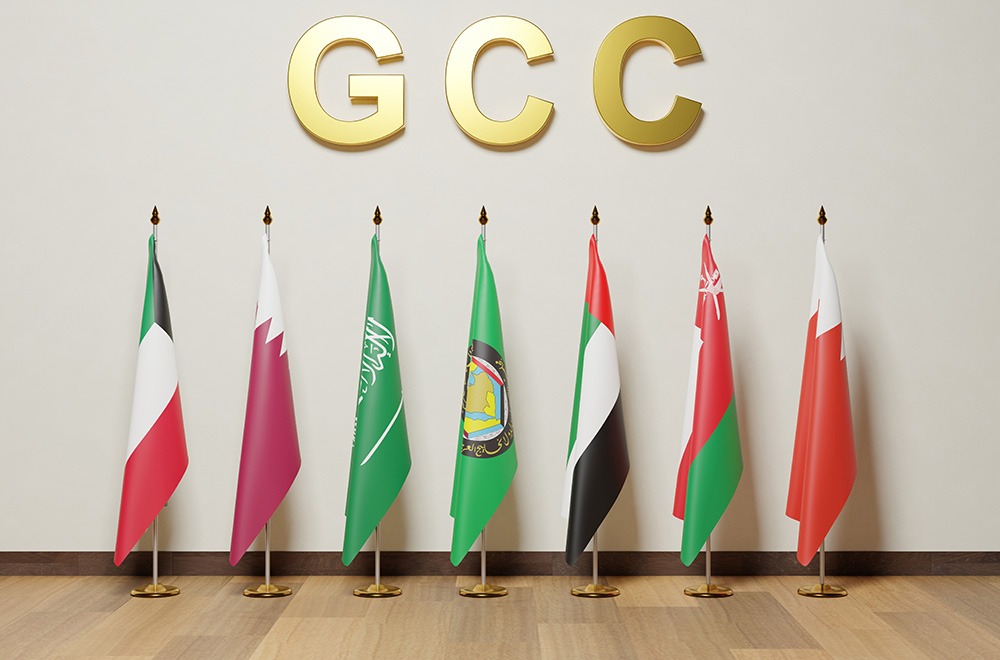
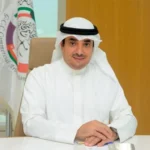
By Tareq Yousef AlShumaimry
Former Secretary-General of the Commercial Arbitration Centre of the Gulf Cooperation Council
The Gulf Cooperation Council (GCC) countries are witnessing a historic geopolitical and economic transformation, going from a traditional oil economy to an active global player in international economic channels and strategic alliances. This transformation is part of their efforts to diversify partnerships and reduce reliance on traditional alliances.
Asia is currently the primary destination for Gulf energy exports, consuming more than 70 percent of the GCC countries’ total oil and gas exports. China tops the list of importers, accounting for 20 percent of total exports, followed by India, which has become the world’s second-largest net importer of crude oil after China, with its imports increasing by 36 percent over the past decade.
The relationship has transformed from mere commercial exchange to large-scale joint investments, with major companies such as Saudi Aramco, the UAE’s ADNOC, and the Kuwait Petroleum Corporation seeking to conclude refining and petrochemical agreements in Asia to ensure continued demand for crude oil.
Trade between India and the GCC countries reached approximately US$178.56 billion in the fiscal year 2024-25, making the GCC countries India’s largest regional trading partner. Data indicates cumulative Gulf investments in India of approximately $28.28 billion by December 2024.
Meanwhile, the Gulf Cooperation Council is making remarkable progress in internal integration, with total trade between its countries reaching $1.5 trillion in 2024, ranking sixth globally in terms of trade volume, and representing 3.2 percent of the total global trade volume. The GCC countries collectively ranked third globally in trade surplus, at $110 billion, while intraregional trade reached approximately $146 billion in 2024, with an annual growth rate of 9.8 percent compared to 2023.
Relations between the GCC countries and Central Asian countries are also witnessing significant development, with trade volume between the two sides reaching approximately $10 billion, with expectations that this figure will increase to more than $30 billion in the foreseeable future.
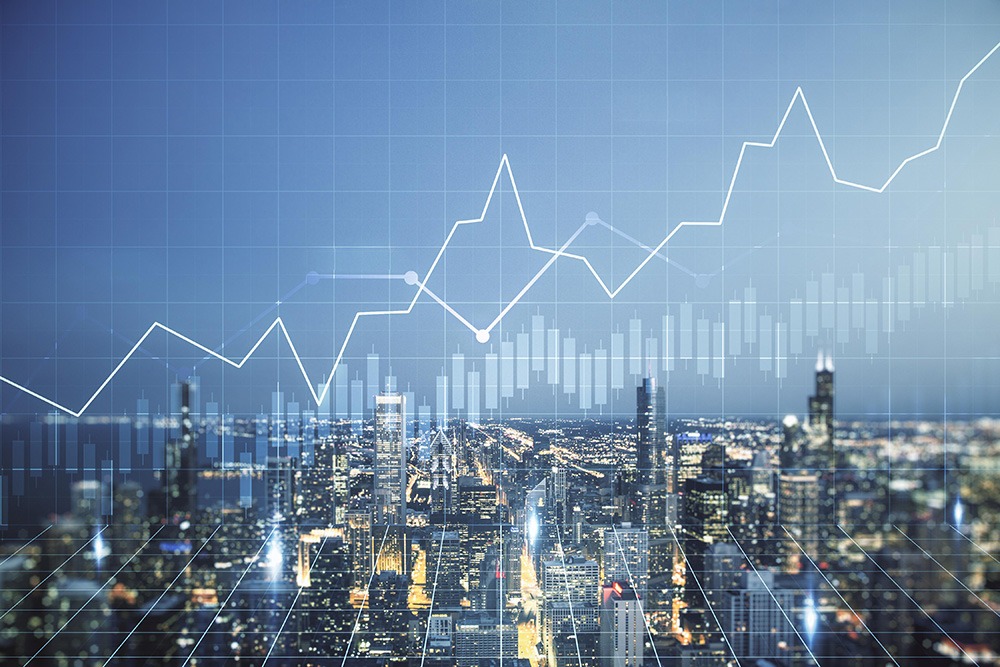
Central Asia represents a significant investment opportunity for the Gulf states due to:
- Abundant natural resources: It possesses vast reserves of energy and minerals.
- Strategic location: It forms a geographic bridge between Asia and Europe.
- Attractive investment environment: Affordable infrastructure and low-cost labor.
Gulf-Russian relations have also witnessed significant development in the areas of energy and military cooperation. Relations were revitalized in the early 1990s, after the collapse of the Soviet Union, with military and trade agreements. Relations have evolved to include energy cooperation, political dialogue, and mutual visits. Gulf sovereign funds represent a strategic tool for enhancing global economic influence, investing in diverse projects from renewable energy to advanced technology around the world.
Future Trends (2025-2035) for GCC wealth funds include:
Enhancing transparency and governance in sovereign wealth funds and developing risk management mechanisms for foreign investments.
Accelerating clean energy partnerships (green hydrogen and renewable energy) with the European Union, India, and China.
Maintaining a policy of diplomatic balance while diversifying security and economic partners.
Investing in education and technology to increase local content in foreign projects and transfer wealth to a knowledge economy.
However, several challenges confront the bloc, arising mainly from:
- Geopolitical shifts: with the rise of US protectionist policies.
- International competition: especially with the growing Asian orientation.
- The need for regional integration: to strengthen collective bargaining positions.
Despite these challenges, there are also opportunities for the GCC, including from:
- Continued growth in Asian energy demand: especially with India expected to become the largest source of global oil demand by 2030.
- Transition to renewable energy: as Gulf countries increase their investments in this field.
- Integration with emerging economies: in Central Asia and Latin America.
The future of the GCC is no longer tied to hydrocarbon wealth. Not only the subsoil, but also the capabilities of minds, smart investments, and balanced strategic partnerships will determine the future of the region. By harnessing emerging economic power to enhance security and stability, and managing international relations with advanced pragmatism, the GCC states can maintain their role as effective geopolitical and economic players in the multipolar global landscape.
The transition from a single economy to a diversified economy, and from traditional relations to comprehensive strategic partnerships, represents a historic journey that will define the position of the Gulf states in the new global order over the next decade, while capitalizing on the shifts in the international system toward multipolarity to maximize their interests and achieve ambitious development visions.
Tareq Yousef AlShumaimry, served as Chairman of the Finance Committee and Chairman of the General Budget Committee of the Permanent Court of Arbitration in The Hague (PCA) and an observer in the Administrative Council of the Court and the Consular at International Court of Justice (ICJ) and the Embassy of the State of Kuwait in the Netherlands during this period from 2013 to 2020. Email: tareq@alshumaimry.com








